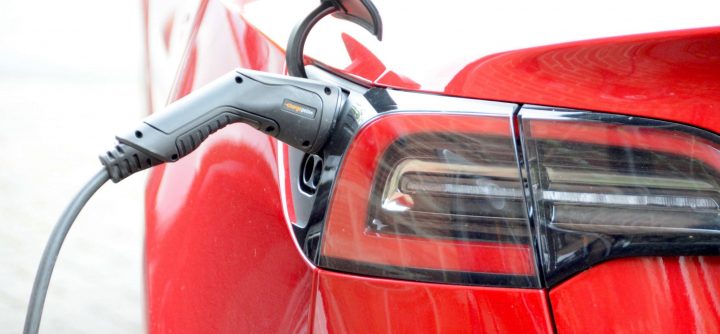New research from Drax Electric Vehicles shows that the majority of councils across Great Britain are now fully compliant with national public charging standards, marking a significant step forward in building a reliable EV charging network for drivers and business fleets.
The findings, based on Freedom of Information responses from councils across Great Britain, reveal strong progress in the rollout and modernisation of local authority charge points. Of the 205 councils contacted, 178 responded, with 154 confirming they currently operate active public chargers.
Business group Logistics UK is encouraged by Transport for London’s announcement that the Direct Vision Standard, that removes “blindspots” for HGV drivers, is succeeding in reducing the number of deaths and serious injuries on the capital’s roads.
According to the trade association, the announcement shows how industry and policy makers can work together to improve safety for all road users and highlights the steps the sector is undertaking to continually improve.
The fuel card market continues to expand, with the UK industry now valued at £108.3m and comprising an estimated 46 providers.
Right Fuel Card’s latest internal research indicates the sector is evolving rapidly as hybrid and EV fleets grow and digitalisation becomes more important for fleet operators and according to the findings, 40% of fuel card users identify as self-employed, highlighting the appeal of streamlined fuel management for freelancers and small business owners.
Some 30% of UK drivers admit to having driven without a valid MOT at some point.
Only 3% correctly identified everything that’s checked during an MOT, despite 44% answering that they know what’s tested, one in two people (46%) feel anxious when booking or attending an MOT and over a third (32%) of UK motorists don’t trust garages or mechanics to be fair and transparent, they told on-line service provider Fixter.
Nissan will reduce vehicle production at its Kyushu plant by 1,400 units next week, after losing 900 models earlier this month, reports media.
The move comes as semiconductor supply problems linked to Nexperia continue to weigh on its Japanese operations.
Toyota Motor North America will invest US$ 912 million in five US manufacturing plants involved in the production of hybrid vehicles and components, with the automaker looking to expand production capacity to meet growing demand in the region.
The investment is part of the “up to US$ 10 billion”, five-year investment plan for Toyota and Lexus and circumvents US tariffs on models which would othetrwise be imported from Japan.
